The thyroid gland is a butterfly-shaped organ located in the base of your neck. It releases hormones that control metabolism—the way your body uses energy. Hormones are the body’s chemical messengers. They travel in your bloodstream to tissues or organs to affect many different processes, including Growth and development Metabolism – how your body gets energy from the foods you eat Sexual function Reproduction Mood The thyroid’s hormones regulate vital body functions, including: Breathing Heart rate Central and peripheral nervous systems Body weight Muscle strength Menstrual cycles Body temperature Cholesterol levels and more The thyroid gland is about 5 cm long and lies in front of your throat below the prominence of thyroid cartilage sometimes called the Adam’s apple. The thyroid has two sides called lobes that lie on either side of your windpipe, and is usually connected by a strip of thyroid tissue known as an isthmus. Some people do not have an isthmus, and instead have two separate thyroid lobes. How the Thyroid Gland Works The thyroid is part of the endocrine system, which is made up of glands that produce, store, and release hormones into the bloodstream so the hormones can reach the body’s cells. The thyroid gland uses iodine from the foods you eat to make two main hormones: Triiodothyronine (T3) Thyroxine (T4) It is important that T3 and T4 levels are neither too high nor too low. Two glands in the brain—the hypothalamus and the pituitary communicate to maintain T3 and T4 balance. The hypothalamus produces TSH Releasing Hormone (TRH) that signals the pituitary to tell the thyroid gland to produce more or less of T3 and T4 by either increasing or decreasing the release of a hormone called thyroid stimulating hormone (TSH). When T3 and T4 levels are low in the blood, the pituitary gland releases more TSH to tell the thyroid gland to produce more thyroid hormones. If T3 and T4 levels are high, the pituitary gland releases less TSH to the thyroid gland to slow production of these hormones. Why do we Need a Thyroid Gland T3 and T4 regulate your heart rate and how fast your intestines process food. So if T3 and T4 levels are low, your heart rate may be slower than normal, and you may have constipation/weight gain. If T3 and T4 levels are high, you may have a rapid heart rate and diarrhea/weight loss. If too much T3 and T4 in your body (hyperthyroidism): Anxiety Irritability or moodiness Nervousness, hyperactivity Sweating or sensitivity to high temperatures Hand trembling (shaking) Hair loss Missed or light menstrual periods Some people might experience exopthalmus; If too little T3 and T4 in your body (hypothyroidism): Trouble sleeping Tiredness and fatigue Difficulty concentrating Dry skin and hair Depression Sensitivity to cold temperature Frequent, heavy periods Joint and muscle pain Call your doctor immediately if you’re suffering from any symptoms of the mentioned above. All the best Subscribe to official Alyaa Gad channel : http://bit.ly/AlyaaGad Follow Alyaa Gad : http://www.afham.tv https://www.facebook.com/dr.AlyaaGad https://twitter.com/AlyaaGad
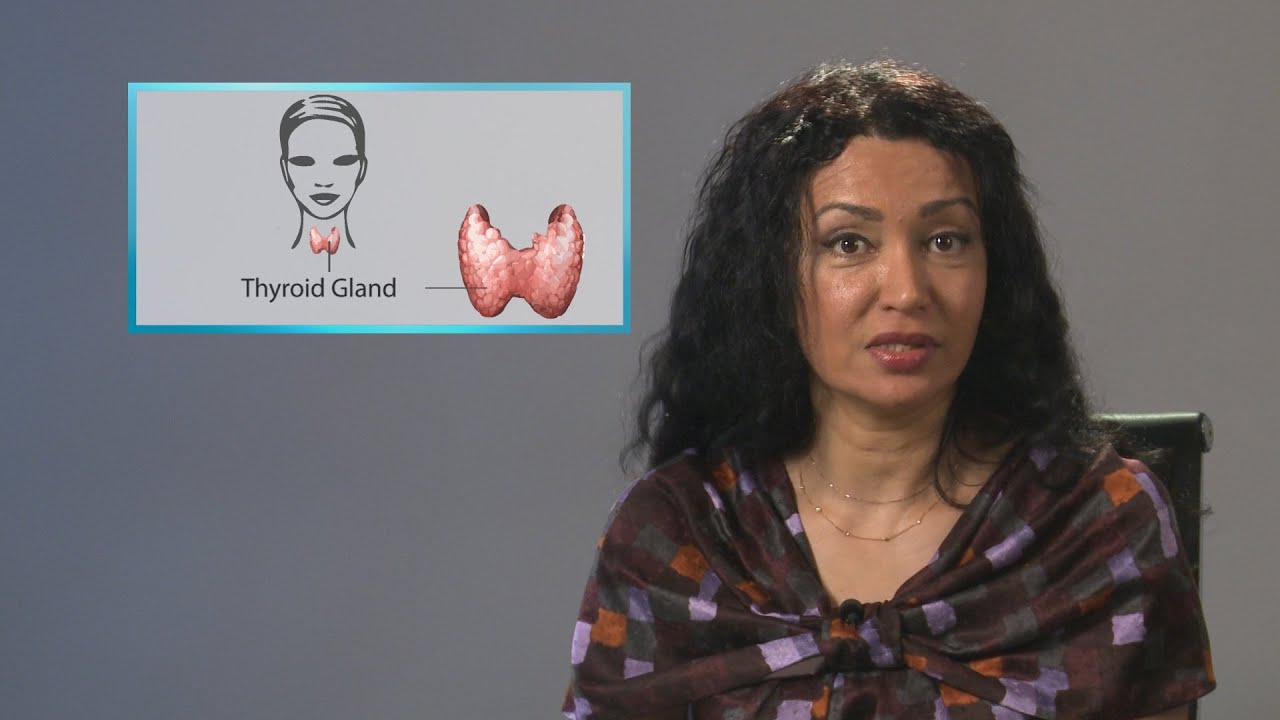
Alyaa Gad – Thyroid Gland
- Post author:
- Post published:June 2, 2021
- Post comments:0 Comments
You Might Also Like

Daily Protein Requirements

Leg Press-1

Multivitamin For Women? Learn How Weight Loss Supplements Work

Wall Sit Exercises With The 10 Stunning Health Benefits

Psychiatry Video – 2

Asanas Meaning And More Asanas Video – 1
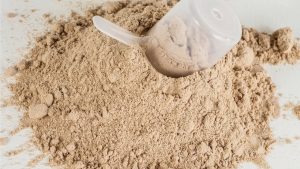
when to drink protein shakes before or after workout

Close Grip Triceps Extension-4

Nutritional Physiology & Biochemistry Video – 1

Dates helps in weight gain…

6 Prenatal Nutrition: Healthy Weight Gain
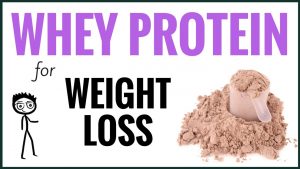
How to Use Whey Protein for Weight Loss
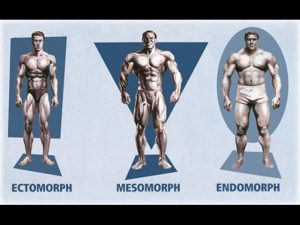
Ectomorph? Endomorph? Mesomorph? How To Train & Eat For YOUR Body Type
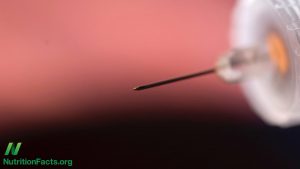
What Causes Insulin Resistance?

Plastic Surgery Video – 3

TUESDAY: Complete Back Workout! (Hindi / Punjabi)

Effects of High Blood Pressure

What is stamina?

Urine Analysis

Beginners Guide To Meal Prep | Step By Step Guide

KUWTK | Kris Jenner Interferes With Pregnant Khloé’s Workout | E!
Lat Pull Down-10

The Thyroid Body Type

How to Do a Preacher Curl | Arm Workout

Using a DEXA Exam to Diagnose Osteoporosis

Practical Demo of Bone Mineral Density (BMD) (Hindi) (720p HD)

Special Weight Loss Routine Video – 7
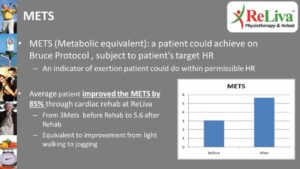
Cardio-Thoracic Physiotherapy Video – 7

Modicare Multi Vitamin Multi Mineral tablets demo

Educational Psychology Video – 3

Importance of nutrition in Human body

Pectoralis Pushups-2

How to Do a Barbell Curl | Arm Workout

Digestion – What Is It? | Physiology | Biology | FuseSchool

Hockey Tempo Runs Explained ? Aerobic Conditioning Workout
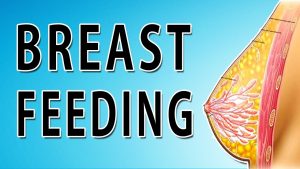
Physiology Of Lactation

How To Say Isotretinoin

Nursing Pharmacology – Beta Blockers!!
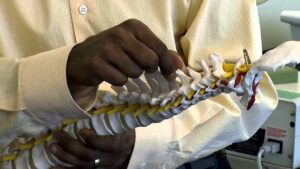
Orthopedic Physiotherapy Video – 9

Diabetic Nutrition Video – 2

Pediatric Surgery Video – 1

